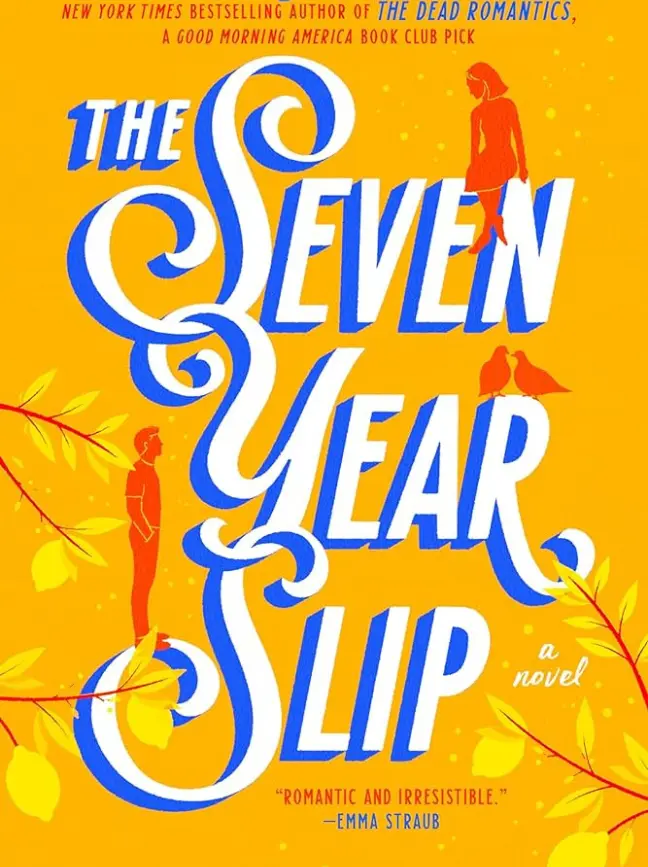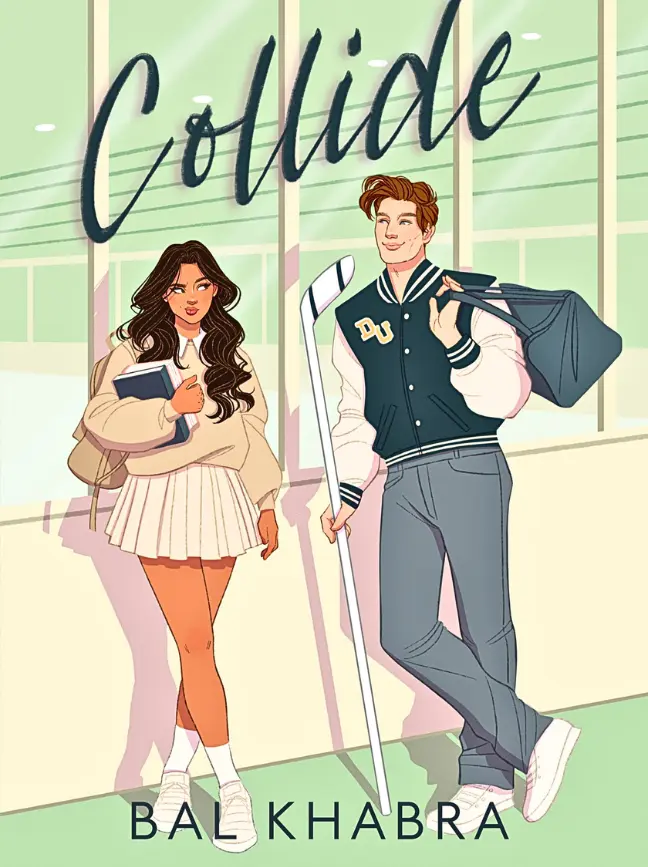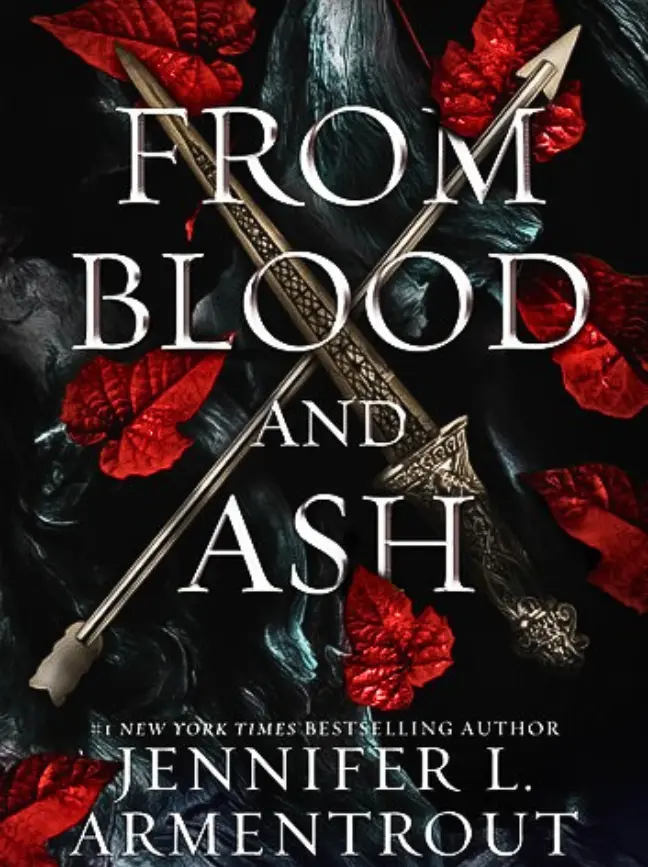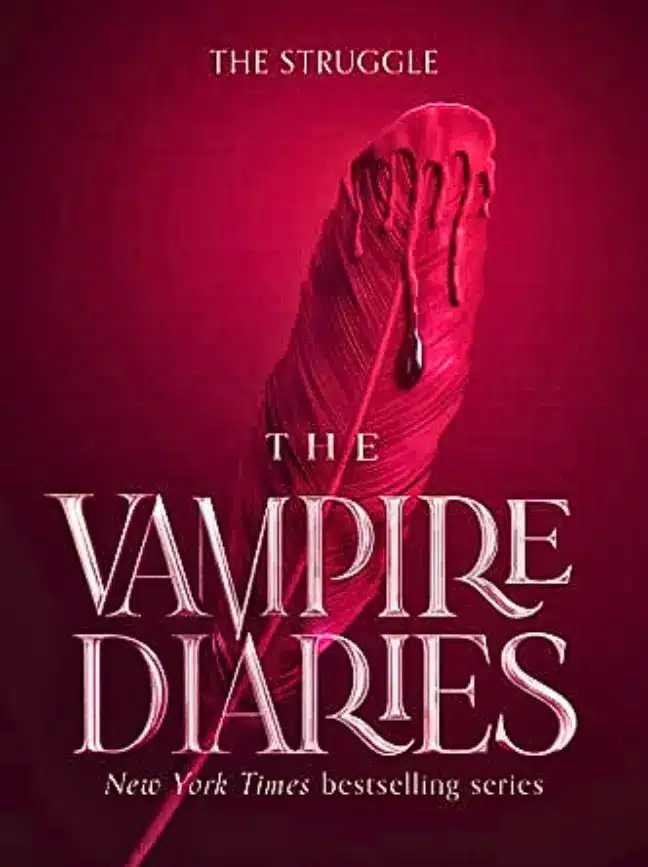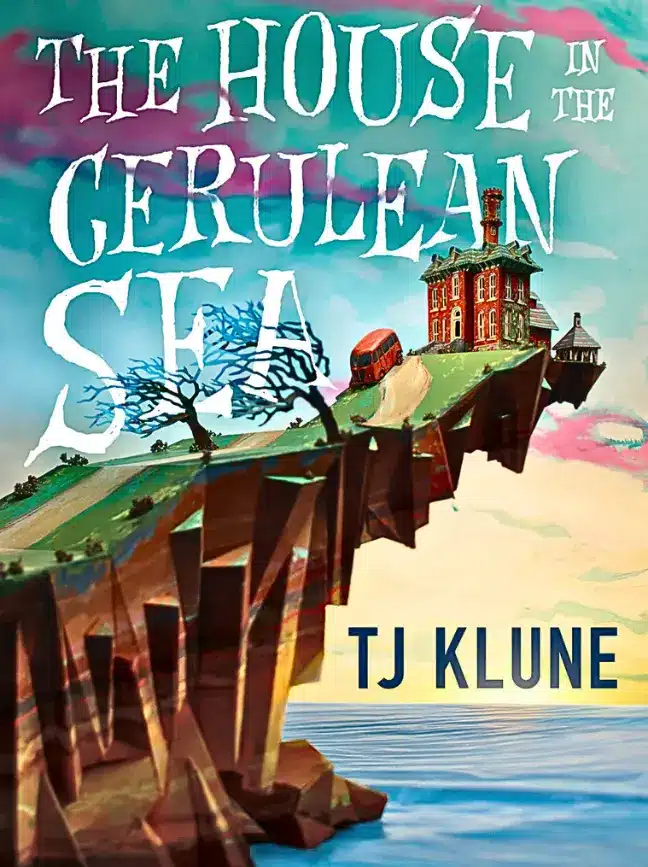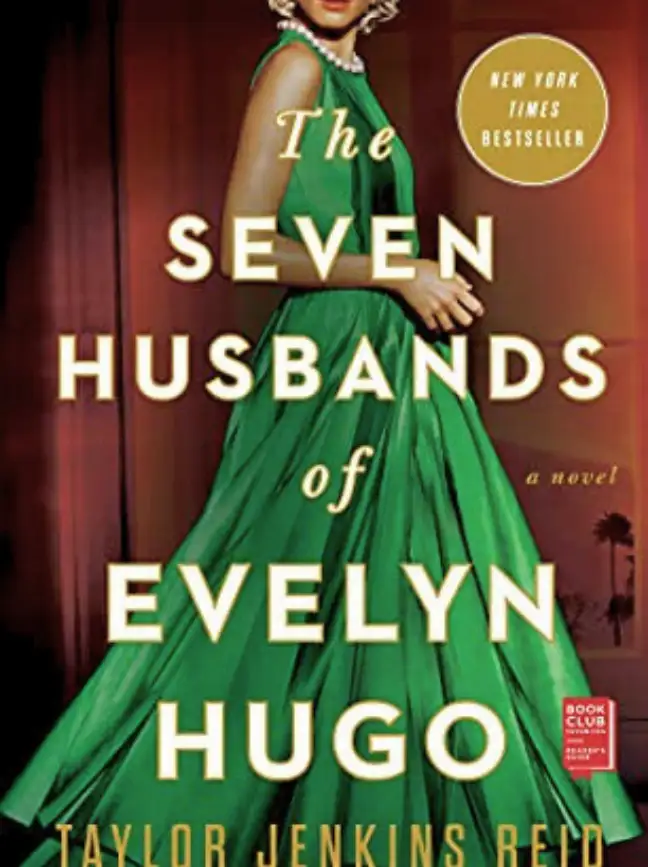After more than twenty-two hours of travel, Frankie stumbled into the lobby of the Coco Palms Hotel on the island of Kauai, and checked in. Once in her room, without bothering to shower, she yanked the curtains closed and collapsed onto the softest bed she’d ever felt and fell asleep.
When she woke, she heard birds singing. Birds. Singing.
No mortars exploding or shells hammering the walls, no smell of blood or shit or smoke in the air, no screaming, no Dust Offs whirring overhead.
The captain had been right; Frankie needed this respite.
She lay in bed, feeling drowsy in a lovely way and listening to the unexpected birdsong, surprised to see that it was well past noon. Refreshed and revived, she got out of bed and pushed the heavy gardenia-print yellow- and-white drapes aside and saw Kauai for the first time.
“Wow.”
The California beaches were magnificent, powerful, endless, and awe- inspiring, but this … this was an intimate kind of beauty, drenched in jewel tones—golden sand, vivid green grass, deep blue skies, vibrant purple bougainvilleas.
She opened the window and leaned out into the bright, beautiful day. The air smelled of a sweet floral fragrance mingled with the sharp tang of the sea. Palm trees grew on a flat patch of lawn, singly and in groups.
She took a long, hot, luxurious bath, using soap that smelled of coconut, and washed and dried her hair, seeing for the first time how long it had grown. She’d spent months pruning it as she would a runaway weed, cutting away whatever impaired her view, which left her with an uneven fringe of bangs. Thankfully, she had her boonie hat. It wasn’t fashionable, in fact was the opposite, but the olive-drab hat had become a favorite possession in ’Nam, almost a companion, and it kept the sun out of her eyes. A dozen pins and patches decorated the crown, gifts she’d gotten from her patients. Each bore the insignia of some unit. The Screaming Eagles, the Seawolves, the Big Red One.
She put on her faded two-piece knit bathing suit and SKI VIETNAM T-shirt and shorts, noticing that everything bore the pink-red tint of the Vietnam soil. For the first time in months, she bothered with makeup—mascara and lipstick and blush. Slipping into sandals, she put on sunglasses, grabbed a hotel towel, and went down to the lobby.
Although she was hungry—her stomach was grumbling loudly—she needed fresh air more. Fresh air and the sound of the sea. A little sand between her toes, a little floating in salt water.
She left the hotel and walked through the manicured grounds, palm trees swaying all around her. She crossed the quiet street and stepped out onto the sand. Tomorrow she would bring her camera and take pictures of the beauty around her.
On this sunny day, locals and tourists filled the beach: families on blankets; parents keeping watchful eyes on their children, some of whom were naked, all of whom were smiling brightly. There were men with long hair, wearing peace symbol necklaces, and several men in khaki shorts, their hair buzzed to regulation length, standing at a lava-rock beach bar with a thatched roof. SEASHELL SNACK BAR AND COCKTAILS read the sign.
Out in the ocean, she saw kids on surfboards, bobbing on the incoming swells. It made her think of Finley, made her miss him acutely. That’s your wave, doll. Paddle harder. She let out a long breath; it had become a kind of goodbye, her way of releasing her grief just enough to keep going.
She stripped down to her bathing suit and walked into the sea. The water was warmer than she was used to in California, but still cool. Sunshine sparkled on the surface. She swam beyond the low, incoming curl of surf and flipped onto her back in the calm swells.
Eyes closed, she felt almost young again, a girl floating on waves with the sun streaming down on her.
Finally, she left the water and staked out a patch of sand—all by herself, no one around—and laid out her towel.
Eyes shielded by her boonie hat and big round sunglasses, she drifted to sleep, slept deeply, and woke with the sun lowered in the sky. She sat up, brought her knees up, and stared out to sea. Treasured images came to her, of Finley paddling out on his surfboard, waving his hand, telling her to catch up. Of them on the beach, bouncing uncomfortably on the backs of their rental horses, Finley muttering something about the family jewels. And the sunsets they’d watched together as they spun out their childish dreams and talked about their future.
“Can I buy you a drink, ma’am?”
Frankie shook herself free of the memories and looked up. A young man stood in front of her, shirtless, wearing khaki shorts and a military belt. A SEMPER FI tattoo covered the top left quadrant of his chest. She could tell by his eyes that he’d been in-country, maybe in the bush. She wondered how long the men would wear that haunted, hunted look. She hated to let him down. “Sorry, Marine. I came here for the quiet. Stay safe.”
He turned away, no doubt scouting the beach for another girl to approach.
Frankie began to feel the sting of a sunburn and noticed how pink her legs were. How long had she been out here?
She heard someone else coming her way. She should have gone farther down the beach, away from the snack bar. This time she didn’t look up. “I’m fine alone, thanks.”
“Are you?”
She slowly looked up, lowered her big round sunglasses.
Rye.
He stood at ease, his hands clasped behind him. He wore multicolored shorts and a pale blue T-shirt that read LIVE TO SURF, but no one would mistake him for a surfer, not with his military posture and built-up muscles and unfashionably short hair.
“This is quite a coincidence,” Frankie said.
“It’s no coincidence. I worked hard to get you to take R and R.” “So you’re the little bird who ratted me out. Why?”
“To see you.”
“Rye, I told you—”
“I broke off my engagement.” That stopped her. “You did?”
“I couldn’t pretend anymore, not after Tet. Life is short, and…” He paused. “There’s something between us, Frankie. Tell me you don’t feel it and I’ll walk away.”
Frankie stood up to face him.
“Say you don’t want me.” The way he said it revealed an unexpected vulnerability.
There was no way in the world she could flirt with him or lie. “I can’t say that,” she said evenly.
He finally released a breath. “Will you have dinner with me tonight?”
She knew it wasn’t just dinner he wanted; she wanted more, too. Still, he was Rye Walsh, the rule-breaker who’d pushed her brother into trouble more than once (not that Finley needed much help in that regard), and she knew she wouldn’t be safe with a man like him. But he was still an officer, and hopefully a gentleman. “You broke off your engagement? You swear it?”
“I swear I’m not engaged.”
Frankie stared at him, felt a spark of excitement, like coming alive after a long hibernation. “Dinner sounds great.”
Frankie stood in line at the pay phone for thirty minutes. In the past year, she’d called stateside only twice: on Christmas and her mother’s birthday.
Barb answered on the second ring, sounded harried and distracted. “Hello?”
“Barb! It’s me.”
“Frankie! It is so good to hear your voice.”
Frankie leaned her elbows on the cool metal shelf below the pay phone. A small stack of quarters stood at the ready. She hoped it would be enough. She could only imagine how expensive this call would be. “I’m in Kauai on my R and R.”
“Wait! I’ll join you!”
“Ordinarily I’d jump on that, but…” She glanced around, made sure no one could hear her. “Rye Walsh is here.”
“Mr. Cool?”
“He broke off his engagement. Maybe for me. The point is: I need advice. What if he wants to have sex?”
“I guarantee you he wants to have sex. Call me telepathic. If you weren’t such a damn Catholic-school girl, you would, too.”
“I do. I mean, I might. But I need some … practical advice.”
The operator came on to ask for more money. Frankie put in the rest of her quarters.
“Use birth control,” Barb said. “It’ll have to be condoms. Unless you have a fake wedding ring.”
“What?”
“They won’t give single women the pill. Don’t even get me started on that shit, but if you pretend you’re married, you can get it. Not that it will work by tonight. So, yeah. Condoms. Get lots.”
“Seriously, Babs. I need, you know, step-by-step kind of stuff.”
“They did have sex ed in your all-girls’ school, didn’t they? Did you sleep through it? And in nursing school—”
“Shut up. Help me. What do I—”
“Believe me, Frankie. That man has the sex part down. Just try not to tense up and don’t expect too much the first time. It can hurt a bit.”
“That’s not very detailed.”
“Okay, shave your legs and armpits. Wear sexy lingerie,” Barb said, laughing. “Oh. And be bold. Not ladylike. And don’t believe him if he says he loves you.”
“What? Why—”
The connection ended.
Frankie left the lobby and hailed a cab, which took her into the small town of Lihue. There, she got her hair cut in a chin-length, side-parted bob, and bought a red-and-white hibiscus-print sheath dress with a matching headscarf and heeled white sandals.
Back at the hotel, she followed Barb’s advice and shaved carefully and moisturized her sunburned skin.
As she stood in her hotel room bathroom and stared into the opalescent shell-framed mirror that hung over a large clamshell sink, she hardly
recognized herself. The beautician had brought back the shine in her black hair and the sleek haircut emphasized her blue eyes and the sharp line of her cheekbones. There was still an air of sadness about her—the sorrow she’d learned in Vietnam. She wondered if that would ever fade. But there was a youthful excitement in her look, too. Hope. Long since forgotten and never again to be taken for granted.
At 1830 hours, she left her room and went downstairs. The ceiling of the hotel lobby arched high overhead, soared up like the nave of a church.
She entered the open-air dining room. Beyond the half walls, she saw the shadowy lagoons where tiki torches blazed. Coconut palm fronds swayed and whispered, stark black trees against a violet sky. Somewhere, someone was playing a ukulele.
Most of the tables were full of vacationers, talking, laughing, smoking. It was a sharp reminder that while she’d been in Vietnam, the world had gone on. Kids had gone to school, parents had gone to work; not everyone lived and breathed the war. In ’Nam, it was easy to hear about the protests going on in America and think that everyone was burning the flag and protesting for peace; here, it was obvious that most people had quietly gone on with their lives, avoiding the dangerous shores on either side of the divide.
She saw Rye seated at a quiet table in the back corner.
A lovely Hawaiian woman, dressed in a floor-length bark-cloth print muumuu, wearing a fragrant lei, led her across the busy restaurant.
As she neared the table, Rye stood, waited for her to be seated before he sat back down.
He offered her a gorgeous lei made of small yellow-white flowers. “It’s white ginger.”
The fragrance was intoxicating.
“May I bring you a cocktail?” the hostess asked when Frankie was seated. “Perhaps a mai tai? The hotel’s owner, Mrs. Guslander, believes it is the best cocktail in the world.”
Frankie nodded. “Yes. Thank you.”
“I’ll have a Jameson on the rocks,” Rye said. The hostess left them alone.
The candle in the center of the table sent golden light upward. The hostess returned with the two drinks and a pair of menus.
The mai tai was sweet and sour and strong. Frankie toyed with the pink umbrella, lifted it, ate the sweet, sweet maraschino cherry and chunk of pineapple. She knew this dinner with him meant something, maybe everything, but she felt awkward. She could reach into a man’s chest and hold his heart in her hands, but she had forgotten how to make small talk.
Rye stared down into his glass, rattled his ice cubes around.
“Ice,” Frankie said, just to be talking. “I’ll never take that for granted again.”
“Or a hot bath.” “Or dry sheets.”
The waitress appeared, took their orders, and disappeared again.
Frankie could tell that he was uncertain, too. They knew each other only in the flimsiest of ways, and now he’d broken off an engagement for a chance that might come to nothing.
The waitress delivered two shrimp cocktails.
Frankie dipped a plump, pink shrimp in the spicy cocktail sauce and took a bite, chewing slowly. “You remember the night of Finley’s going- away party?”
“A going-away party for Vietnam,” he said. “Talk about another world.” “We didn’t know.”
He took a drink. “No,” he said quietly. “We didn’t.”
“Did you ever talk to Fin about Vietnam, I mean really talk?”
Rye looked away just for a moment; in his hesitation, she saw regret. “We were at Annapolis,” he said. “It was all rah-rah Navy. And he believed in it. He wanted to make your dad proud of him. I know that.”
“Yeah,” Frankie said. “My dad. The heroes’ wall. We met there at the party.”
Rye smiled at this shared memory. “Both of us hiding out.” “What were you hiding from?”
“I’m a poor kid from Compton. I didn’t know how to act at your house, how to dress. Anything. And…”
“What?”
“Well. If we’re telling all our secrets here, I followed you into the office.”
“You’re kidding.”
“I wanted to ask you to the Ring Dance in ’65. Did Fin ever tell you that?”
“No.”
“He asked me not to, said you were too good for the likes of me. He was smiling when he said it, but I knew he meant it. We both ended up taking … a different kind of girl, shall we say?”
“The kind who didn’t mind steaming up the windows of a parked car,” Frankie said, smiling. “That sounds like Fin.”
“I knew he was right. I had nothing in common with a woman like you. Still, I followed you into the office that night, thought I’d steal a kiss, but I could tell you weren’t ready. And now…”
“Here we are,” Frankie said in understanding. They had made it through hardship—death all around—to be here, sipping cocktails on a tropical island. Did it mean something?
How would they know unless they dared to begin?
They needed first to get to know each other. So she said, “Tell me about your family. Do you have siblings?”
“Ah. Twenty questions. Good choice. No siblings. My mom was an English teacher. Loved Yeats. The old man still lives in Compton. Bought the place in the thirties, thinks the city has gone to hell around him. He owns a car repair shop. Stanley and Mo’s, although there’s no Mo; no one could stand my old man for long, not even his brother.”
The waitress appeared at their table, paused, then said, “I’m sorry to disturb you, sir, but there’s a gentleman at the bar. He requests a moment of your time.” Behind her, at the dark lava-rock bar area, an elderly man in an out-of-style suit and tie stood and waved.
“Of course,” Rye answered.
The man who approached them walked in a slow, limping gait. He was tall and thin, wearing an expensive linen suit that seemed sized for a larger man. He had a thin mustache and neatly trimmed hair. “Edgar LaTour,” he said in a lyrical Louisiana drawl. “Captain. U.S. Army. I’m guessing you’re here on leave,” he said to Rye.
“We both are, sir. This is Lieutenant Frances McGrath. Army nurse. I’m Navy.”
Edgar grinned. “Well, I won’t hold that against you, boy. I just want to say thank you for what you boys—and girls, I guess—are doing to fight
communism. It’s a tough world out there and you need to know that a lot of us still appreciate your sacrifice. I’d be honored to buy your meal.”
“That isn’t necess—”
“Necessary, no, but my honor. And, ma’am, a woman like you saved my life in France. Bless you.”
Moments after the man left, the waitress brought their entrées—lamb roasted in a firepit, baby peas, and buttery potatoes rissole. Throughout the meal, they talked about their hopes for life after Vietnam, the friends they’d made over there, the protests going on back home.
When dinner was over—after a fabulous Baked Alaska—Rye picked up a picnic basket at his feet and offered Frankie his arm. They walked out of the restaurant, past a trio of women dancing the hula in the lobby to the sweet strains of the ukulele.
Outside, the hotel grounds were a wonderland of shadow and moonlight and tiki torches. The grounds enveloped them in fragrance and sound— sweet ginger and plumeria and a warm, salt-tinged breeze. Flaming tiki torches stood amid elegant manicured landscaping. The lagoons lapped quietly against the shore as they walked over the arched bridge.
Rye led her to the beach, where he found a private, perfect spot, far from the closed-up snack shack, and unpacked the basket he’d brought. A blanket. Several votive candles in holders, a pack of matches, a bottle of champagne, and two glasses. He set it all out on the sand and poured her a glass of champagne.
“You’re prepared,” she said, not sure whether she felt romanced or manipulated.
Romanced won out.
“Always,” he said with a smile. “I was an Eagle Scout.” “Really?”
“No.” He laughed. “Scouting wasn’t the sort of thing offered in my neighborhood.”
They sat down on the blanket; each stared up at the white spray of the Milky Way. He pointed out constellations, told her the stories that went along with each one.
Halfway through one of those stories, Frankie turned to ask him something at the same time he turned to her.
They stared at each other, neither speaking for a moment, then Rye leaned forward slowly, his gaze questioning. “May I kiss you, Frankie?”
She nodded.
He leaned toward her; she met him more than halfway. It wasn’t until the last second, when his lips touched hers, that she remembered to close her eyes. The kiss went on and on, until she felt his hand slide down her back, guide her body toward the sand. They stretched out on the blanket, moving together without a word.
She waited for him to reach under her dress or kiss down her throat, to push for more the way the boys she knew had always done, but he didn’t. He seemed content to kiss her deeply, bringing her closer to some edge she hadn’t known existed that left her dizzy with desire, and still he was a gentleman.
For the first time, she was the one who wanted more.
In all the world, all the universe, they’d come together somehow, halfway around the world, and it felt like destiny.
She drew back and looked at him. Since childhood, she’d been taught that this kind of need was wrong, immoral, a sin, unless it happened in a marriage.
“We can wait,” he said.
“In six days we’ll be back in Vietnam.” She thought about the helicopter pilots that had come through her OR. About Fin and Jamie and the heartbreak of loss. “I don’t want to wait.”
“Are you sure?”
“I’m sure.” She looked at him. “Scared, but sure. I don’t know what to do…”
“I do.” He kissed her chin, along her throat, across the swell of her breasts. He unzipped the back of her dress, eased it down her body, leaving goose bumps along her skin.
Somehow, he’d released her bra without her knowing it and she felt his mouth on her breasts.
“Oh my God,” she whispered.
He kept kissing her, touching her, awakening her body. She fought it for a moment, tried to hold herself together; it felt as if she were unraveling.
“Relax, baby,” he said, pulling her dress farther down, her panties, until she lay naked in the starlight, shivering. Somewhere deep inside, her body
was pounding, aching.
“I want to touch you,” she said.
He smiled down at her and pulled off his T-shirt. “I was hoping you’d say that.”
She reached for him, unsure of what to do and how to do it.
Be bold.
Dear Barb,
I only have time for a postcard.
Sex was great. I was bold. And you were right. He knew what he was doing.
F
Frankie became a new version of herself in Rye’s bed. They spent their days and nights exploring each other’s bodies, learning cues, and listening. She discovered a passion so deep it stripped away her shyness, dissolved the once-important rules of propriety, redefined her. Her desire for him felt endless, boundless, desperate.
Now they lay on a deserted beach beneath a cliff that had taken resolve to descend. The locals called it Secret Beach, and the name was apt. They were the only people on this stunning white sand beach. Waves crashed along the shore, made a roaring sound, while shorebirds wheeled overhead, white specks against the cloudless blue sky. The water looked too rough to swim in, so they just lay near it.
They had fallen asleep in the shade for a while, holding hands, their bare feet touching. She already couldn’t sleep without touching him.
Frankie didn’t know how long she’d been asleep, but when she woke, the sun was beginning to set.
She rolled over, rested her chin on his chest.
Rye kissed her and they made love again, in the way that had already become familiar to Frankie, slowly at first, building desire to a fever pitch, and then in a pounding, gasping, shattering fury that left them both breathless and depleted.
Afterward, she stared at him, unable to look away, still a little breathless. Sand speckled his tanned cheeks, clung to his dark lashes. Every moment with him coalesced at once into this heaviness in her heart, and she realized suddenly, sharply, how much passion changed things. He could break her heart in ways she couldn’t even imagine.
“Is this real, Rye?” she asked. “It happened so fast. I’m not experienced enough—”
“I’ve never felt this way before,” he said. “Honest to God. You … destroy me, Frankie.”
“Thank God,” Frankie said softly.
True love. She hadn’t known until now, this second, that she’d been waiting for it all her life, saving herself for it, believing in it even in the midst of war.
On their last day on island, Frankie and Rye stayed in bed all day. When night finally began to fall, they showered and dressed for dinner and went to the restaurant, where they tried to keep up a steady stream of conversation, but time and again, each lapsed into silence.
After dinner, they carried cocktails to the beach and sat down.
A half moon, draped in diaphanous gray clouds, shone silver light on the sand. A pale, foamy surf crashed up and back, whooshing toward them and retreating.
“I want to see you as much as I can before you go,” Rye said. “Go?” She looked at him.
“You’re going home in a few weeks, right? On Christmas Eve, you told Coyote your DEROS was in March. I knew we wouldn’t have long together.”
“I re-upped,” she said.
He drew back, let her go. “What? You’re not going home? The war is escalating, Frankie. The U.S. can’t admit it’s losing, so it’s going to get worse—”
“I know all of that, Rye. It’s why I re-upped. They need me.” “No. No.” He actually looked angry.
She loved him for worrying about her. “That’s not how this is going to work, Rye.”
“Not how what is going to work?”
“Us. I was raised to do as I was told and it’s bullshit. So, no telling each other what to do. Okay?”
He was clearly struggling with this. “Can I say it scares me? Does it make me a chauvinist to want you to be safe?”
“We’ll be together.”
“Together in Vietnam,” he said harshly. “It’s hardly Kauai.”
“C’mon, Rye. This is who we are. We’re believers, following our beliefs. I believe in you, your duty, your honor. Do you believe in me?”
She saw how the question crumpled his resistance. “Of course.”
“Okay, then. We will be a great wartime love story, the pilot and the nurse, holding hands while dodging bullets.”
“You’ve seen too many movies.”
“Just tell me you love me. We’ll make it through and go home together.” He stared at her, looking sad and afraid and proud and still a little angry. “There’s no getting rid of me now, McGrath. I guess I’ll have to re-up, too.
I’m not leaving my girl over here without me.”


